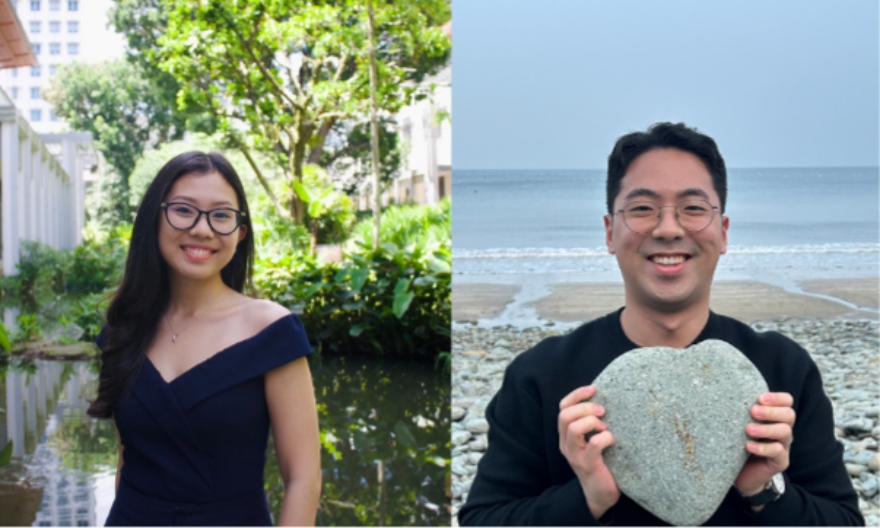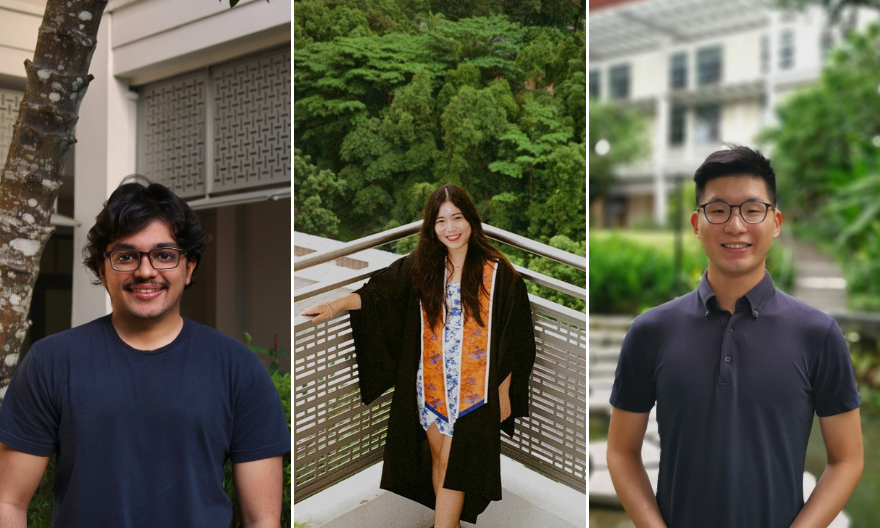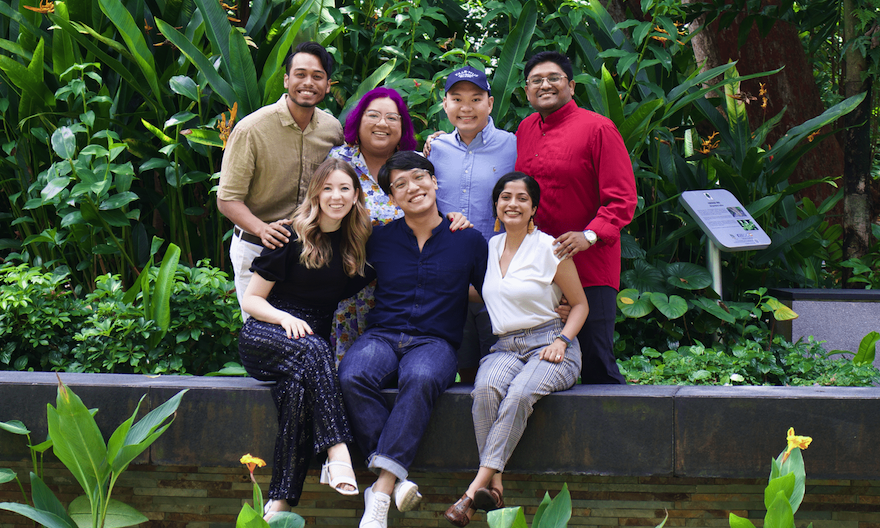Yale-NUS graduates pursue careers in research
Alumni from Class of 2023 share their research in life sciences, ecology and physics
On 19 February, Yale-NUS’ Centre for International & Professional Experience (CIPE) held a panel on careers in research, where six alumni working in various fields of research from the Class of 2023 shared their experience with current students. Specifically, the alumni talked about the process of applying for roles in research, shared tips on selecting a project that suited their interests, and working with professionals in the industry.
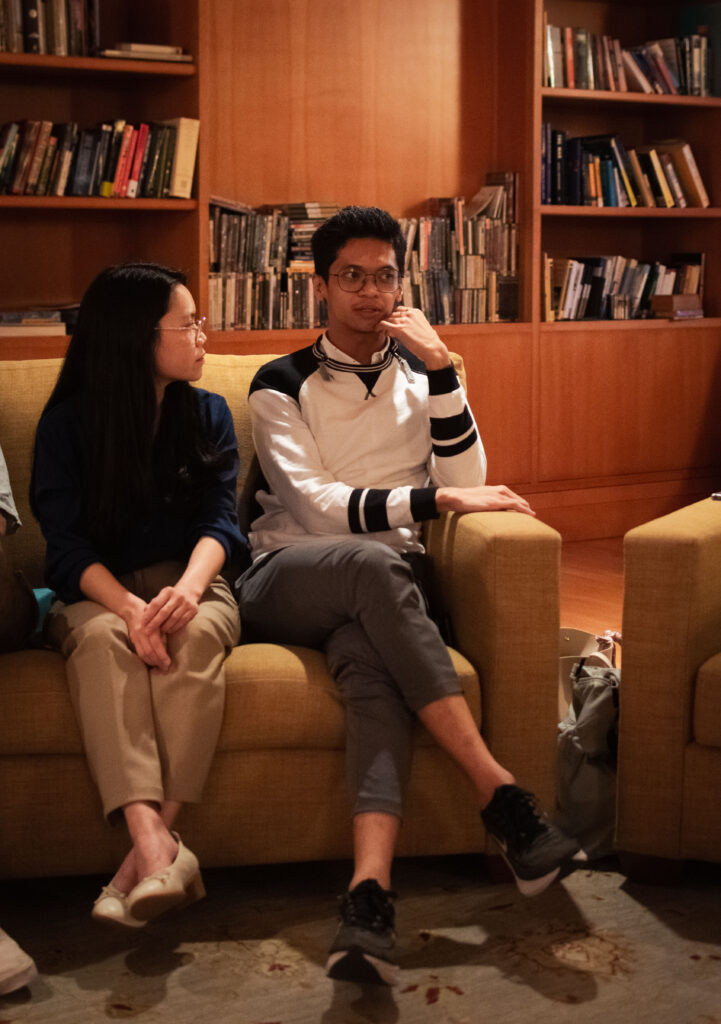
Currently a research assistant at the Cancer Science Institute of Singapore, Mathew Ramos (Class of 2023) is working on determining the function of biomolecular condensates in cancer biology. He is focusing on a specific type of biomolecular condensate – stress granules – and researching its potential effects on the growth, aggressiveness, and spread of cancer, and other cellular phenotypes crucial to cancer.
A Life Sciences major while he was at Yale-NUS, Mathew wanted to find a role that enabled him to apply his technical skills towards meaningful causes, “whether that means supporting industrial research or working in life science or health consulting.” Although he initially thought that a career in research was relatively more detached, as compared to the ground realities in other careers, he came to realise that his current work in cancer research impacts people combatting the disease and aids in finding new treatments for it.
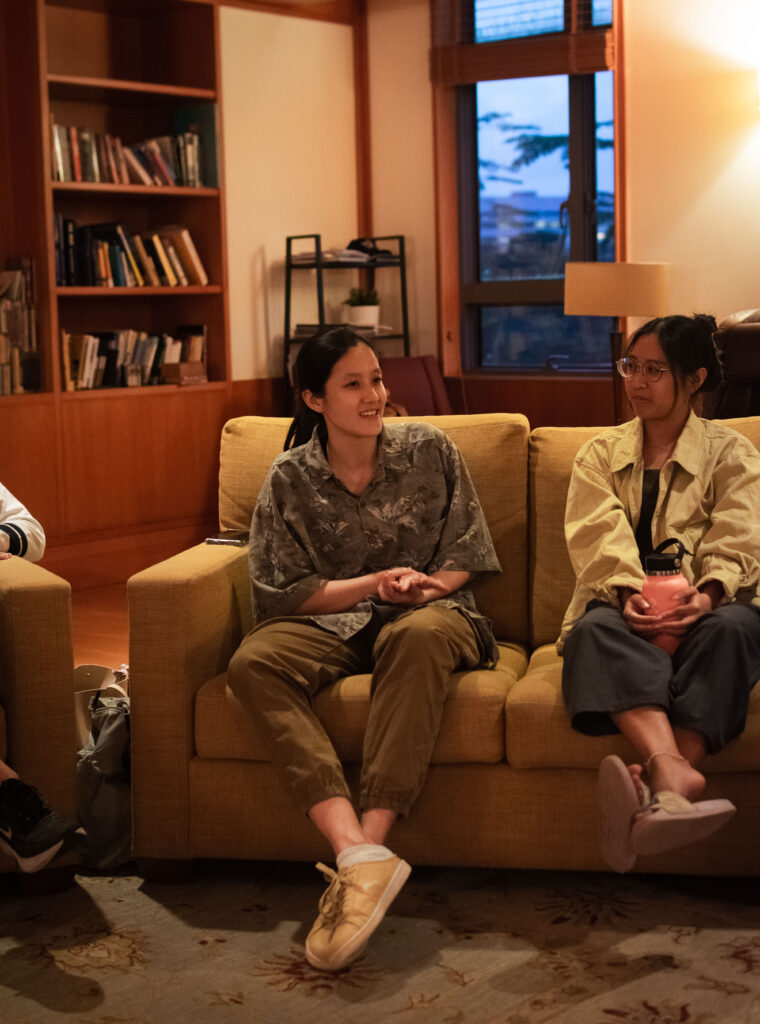
Meanwhile, Ho Ning (Class of 2023) is a PhD student at the Ecological Adaptation Lab in the Department of Biological Sciences at the National University of Singapore (NUS). While she was at Yale-NUS, she participated in a Summer Research Programme, which gave her the hands-on experience that sparked her interest in research. Currently, she is using data modelling to determine the anthropogenic causes that affect wildlife in Singapore, with a focus on population dynamics. Through the incorporation of mathematics in ecology, she is able to better understand the complexity present in wildlife populations and provide data-driven insights on conservation efforts. As she aims to further her career in research, her current work allows her to build a strong foundation in ecology.
Focusing on determining the various factors that affect wildlife in Singapore, Ho Ning aims to facilitate making “well-informed and holistic conservation decisions… as we continue to balance between urban development and the preservation of the natural world.”
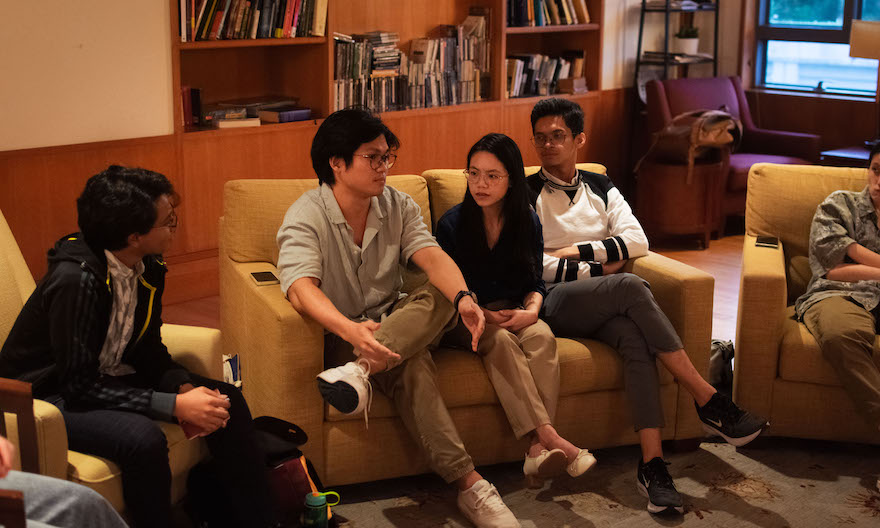
Zirdi Syukur (Class of 2023) is a Research Engineer at A*STAR Quantum Innovation Centre, where he explores atomic magnetometry. In his work, he develops tools using quantum sensing techniques. These tools will be able to measure magnetic fields with a higher level of sensitivity and precision, having real-life applications such as in explosives detection and for spectroscopy in the medical field. While he was at Yale-NUS, Zirdi conducted research with Assistant Professor of Science (Physics) Ben Olsen and worked on building electromagnets for an ultra-cold quantum gas experiment for his capstone project. His experience working with quantum experiments at Yale-NUS helped him to smoothly transition to his current work in research.
At A*STAR, Zirdi is exposed to various projects at the forefront of his field and is able to delve into the different topics they cover. Since he aims to pursue graduate studies after a few years of working, his exposure to the wide range of topics at A*STAR will help him determine a research topic to explore during his graduate degree programme. Aside from the professional and academic development that he gains from his career in research, Zirdi ponders on the impact his work could have in the world, saying, “An instance of the possibilities I think sensitive magnetometers enable would be enabling the mute or paralysed to communicate their thoughts using technology that is capable of sensing the magnetic fields of their brains and converting it to coherent text.” In this sense, while he believes that we have yet to reach such technological advancements, the applications of his current work are fascinating and could eventually benefit a lot of vulnerable communities in the world.
The enlightening sharing session provided a glimpse into the impactful research endeavours our alumni are pursuing, aiming to inspire our students to embark on their own research journeys.

